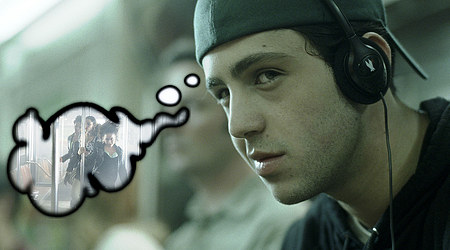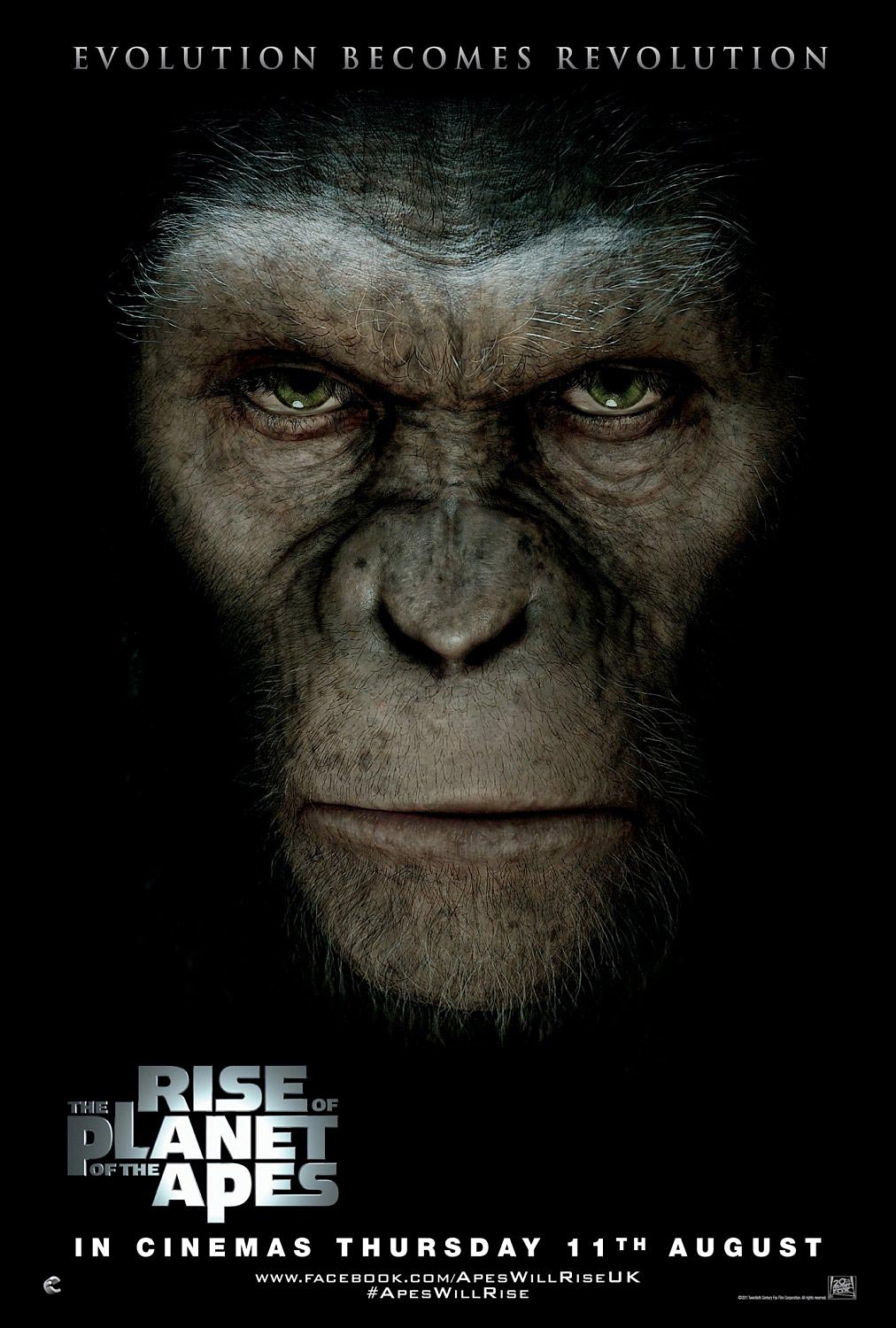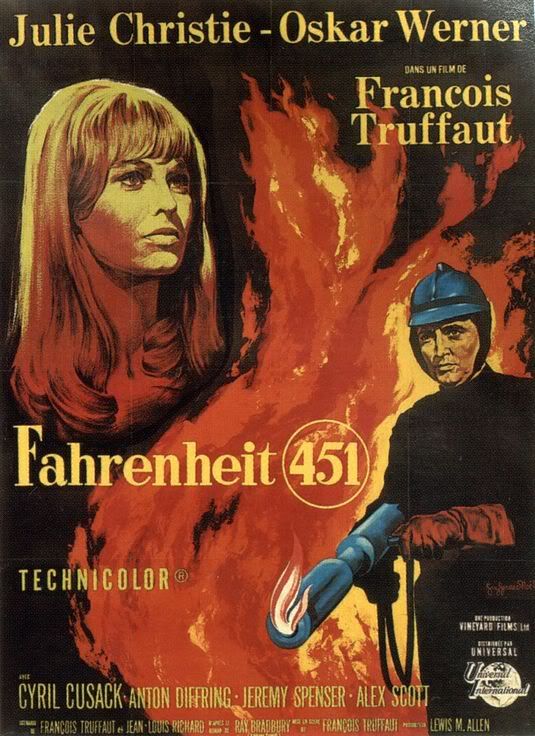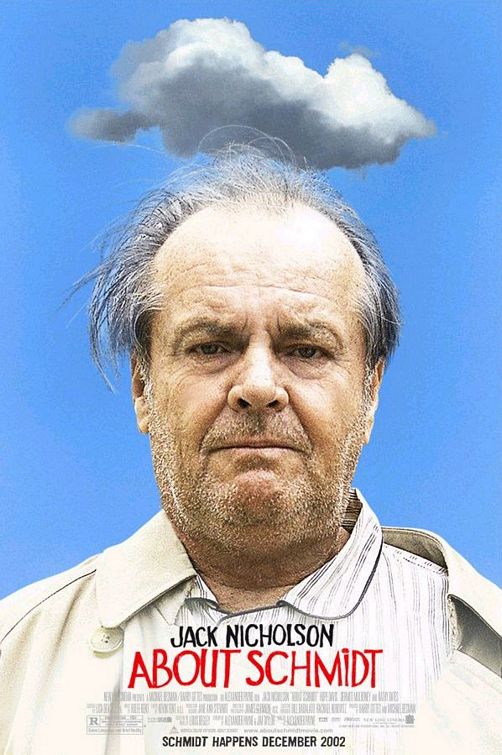Highlights from this week are "The Wackness" and the surprise of 2011, "Rise of the Planet of the Apes." This week's post marks the start of the school year and with that, more movies every week. I usually have one new movie a week that I review for The Daily Evergreen, but this week I saw a film on a Sunday opposed to a Friday or Saturday and so "Rise of the Planet of the Apes" is in this weeks post as opposed to last week. Included in the reviews are discussions on the paradox of a movie about how important books are, and the importance of authenticity in the effectiveness of a familiar story.
Rise of the Planet of the Apes (Rupert Wyatt, 2011): You can read my review of this movie at The Daily Evergreen. While it probably won't be on list of best movies of 2011, it's a very fun summer movie. It's definitely very flawed in regards to the pointless human characters, but in my review I chose to de-emphasize those flaws because for me the great characterization of the apes definitely outweighed the badly-written human characters. Considering the trailer of this film made it look like the most conventional and predictable sci-fi film of the year, it's certainly one of the most pleasant surprises of 2011
Grade: B
Fahrenheit 451 (Francois Truffaut, 1966): This movie is based on the famous Ray Bradbury sci-fi novel of the same name, a book I read earlier this year. The story is about a future society where all books are burned. The story serves as a warning against burning books, and also against the fascist suppression of free expression. That's what I perceived the authors intentions, but I found the book burning debate to be outdated, and the fascist suppression of free expression to be a warning that isn't quire applicable to our society (at least not now). But I did find that the book was important today for another reason, for pointing out the end of literacy. It's a world in which people use pictures and images (mainly television) to get their entertainment and information. That's a much more timely warning, because right now spectacle is winning in its fight against literacy. When watching Truffaut's film adaptation of the book, I found it a bit less powerful than the book on that account for a few reasons, but mainly because I was watching a movie. I couldn't help but feel that the positive message in the film about books and literacy was not true to itself because movies (moving images) are a big reason for why books are in such decline now. Actors, producers, directors, and all involved in the movies are partly due to blame for the fall of books as a popular art form, and so for this film to vouch for books means that this movie is telling its audience that they should not be watching this movie, and should be reading a book instead. But I'm pretty sure that the Truffaut and everyone else involved in this movie were not trying to make some ironic statement about how movies are bad for society and that you should feel bad for watching a movie (at least it does not feel that way at all). Because of that the film is inherently less powerful than the book.
Other than that fairly serious problem, the film has kind of a dull plot, but some great technical merits. It's directed by Francois Truffaut, one of the great directors of all time as his first and only English-language film, the cinematographer was Nicolas Roeg, who would go on to be an amazing director, and the music was by Bernard Herrman, one of the great film composers of all time. So you can expect the film to look and sound great, the production design and cinematography especially is all very unique and the film is a joy to look at. The world of Bradbury's classic is not exactly how I imagined it in my head, but the art-deco colorful style is definitely unique and a fine vision of the world. But the plot is not very exciting. Even if you haven't read the book, the story kind of goes exactly how you would expect it to, at least until the last scene which, when compared to the book was interestingly much more melodramatic. Compared to Truffaut's previous French work, the film is much less innovative, there are less risks taken here, and it's overall much less joyful. It's evident in the movie's quality that he had troubles making his first English-language film, troubles that would have him avoid ever doing it again. But nonetheless, it was a flawed, but fine experiment.
Grade: B-
About Schmidt (Alexander Payne, 2002): Jack Nicholson is one of the most accomplished actors of his generation, and he really shows it here. Nicholson carries this movie the whole way, his post-retirement crisis affected character is written well sure, but any feelings you have in this movie are a result of Nicholson's performance. The movie on its own though, it not as impressive. "About Schmidt" is one of those warmhearted character study dramedy's (movies that always seem to include a road trip), but its main character is not a teenager coming of age, or a middle-aged man going through a mid-life crisis. Instead it's an old man going through a post-retirement crisis (also a post-wife crisis). The premise has potential. There have been some really amazing movies about older people dealing with the fact their deaths are imminent with the wisdom they accumulated over the years (Ingmar Bergman's "Wild Strawberries" and Vittorio de Sica's "Umberto D." to name a couple great ones). Unfortunately "About Schmidt" doesn't reach that full potential completely, as the film ends up with too many scenes that would fit into "Meet the Parents" and too few scenes of actual contemplative emotion (only after writing this did I find out that Alexander Payne reportedly did an uncredited polish of the script for "Meet the Parents").
Alexander Payne is a fine director, his film before this one, "Election," proved that. But in this film it seemed like he didn't try very hard. Road trip, check. poor black african child sentimentality, check. Eccentric in-laws, check. Epic misunderstandings, check. Unexpected breakdown at the end, check. It all seems too easy for a talented director like Payne. Apparently though much of it was effective, because the movie was a pretty big hit financially and critically. And I can't deny that I did feel some emotion in a couple scenes, though that was all due to Nicholson, whose performance is hard to resist. He plays the very sad character without any sentimentality, you can see the sadness revealed on his face sometimes, but it never lingers. He's more like a man with nothing to do, a man with a pointless existence. All of that comes across almost solely due to Nicholson's performance (which was appropriately nominated for an Oscar that year). Usually I will always associate a movie with its director, but in the case of "About Schmidt," I feel that when I remember this movie in the future, it will be in association with Jack Nicholson.
Grade: B-
The Help (Tate Taylor, 2011): You can read my review of this at The Daily Evergreen as well. This a film that has almost been a sensation at the box office, coming in at number one for three weeks in a row. It's too bad because this film represents all the mistakes we have made in conducting modern day race relations. It's a film about the majority trying to empower the minority, but as we know from history that situation rarely has truly positive consequences for the minority. I gave the film a C- in the review, but I feel like it's getting awfully close to a D in my mind.
Grade: C-
The Wackness (Jonathan Levine, 2008): There have been plenty of indie coming-of-age movies in the last five years, and by now it's hard for many of them to stand apart from each other. Many critics seemed to think this film is one of those that will just blend in with the rest, and I honestly have no idea why they seem to think so. This is one of the few that is unique, not because of what happens, but because of the style, setting, and mis-en-scene. The film is about a kid who spends his last summer before college trying to figure his life out, have some fun, and earn some money selling drugs. But the reason I got into this movie is not because of the story, it's the style. The film is set in 1994, a seemingly random period, but that's when director Jonathan Levine grew up in, and so that's the period that will feel most authentic to him. I respect that decision to be as authentic as possible. There are times when the 1994 nostalgia gets a little too much, especially in referencing Kurt Cobain and Notorious B.I.G., but the world feels real and that's very important in a film like this.
Hip hop music has been very underutilized in film. Most likely because it really broke out in the 90's and most directors today grew up in the 70's or 80's. Levine uses period hip hop songs by artists like Biggie, A Tribe Called Quest, and others to get us in the head of our main character. The music, as well as the sublime muted monochrome filtered cinematography get us in his head and in his world. Maybe the most surprising thing about this film is the great performance by Josh Peck (of "Drake and Josh"). He has a performance that is completely unique and individualistic, while feeling very believable and authentic. Levine and Peck do a great job of getting us into his world. Once we're in his world is when we really understand his outlook, which is a very depressed and pessimistic view. As Olivia Thirlby's character says to him, I see the dopeness, but you only see the wackness.
Ben Kingsley and Mary-Kate Olsen are also in this movie, and both (especially Olsen) play wild characters that at best expand the world of the film, but at worse create a tone that feels a bit off. Kingsley's performance in particular is very fun to watch. If you've ever wanted to see Gandhi high, this is your movie. In the end, this is a film that if it had been released properly and marketed properly, would have been a bonafide hit. Hopefully, it finds an audience as time goes on.
Grade: A-






I love Alexander Payne. He's one of my favorite directors. I agree that Nicholson is definitely the best part of About Schmidt though.
ReplyDeleteAnd that sucks about The Help. I was expecting a lot from it. I probably wont see it in theaters at this point, but I might check it out once it's on DVD. I hope I wont dislike it as much as you did!
There's a good chance you won't dislike it as much as I did, it's definitely proving to be a sensation. The book was a bestseller for months, and the movies been number one for three weeks in a row. Even critics have been mostly positive to it. I admit the movie is well made and very well acted, but I had a problem with the story itself. It's just not the best way to go about a movie about race.
ReplyDeleteYeah, I certainly agree with you on that point. Why does Hollywood always think you need to balance a Black story with a White protagonist? Sure, it's based off a book. But still, not exactly the best message to send.
ReplyDelete